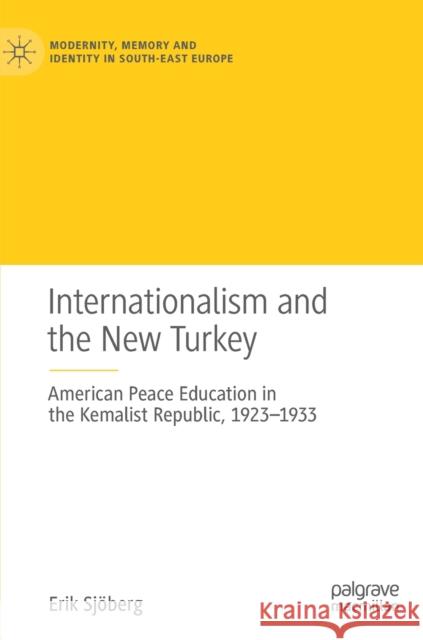Internationalism and the New Turkey: American Peace Education in the Kemalist Republic, 1923-1933 » książka
topmenu
Internationalism and the New Turkey: American Peace Education in the Kemalist Republic, 1923-1933
ISBN-13: 9783031009310 / Angielski / Twarda / 2022 / 272 str.
Internationalism and the New Turkey: American Peace Education in the Kemalist Republic, 1923-1933
ISBN-13: 9783031009310 / Angielski / Twarda / 2022 / 272 str.
cena 403,47
(netto: 384,26 VAT: 5%)
Najniższa cena z 30 dni: 346,96
(netto: 384,26 VAT: 5%)
Najniższa cena z 30 dni: 346,96
Termin realizacji zamówienia:
ok. 22 dni roboczych.
ok. 22 dni roboczych.
Darmowa dostawa!
Kategorie BISAC:
Wydawca:
Springer International Publishing AG
Seria wydawnicza:
Język:
Angielski
ISBN-13:
9783031009310
Rok wydania:
2022
Ilość stron:
272
Wymiary:
21.0 x 14.8
Oprawa:
Twarda
Dodatkowe informacje:
Wydanie ilustrowane











